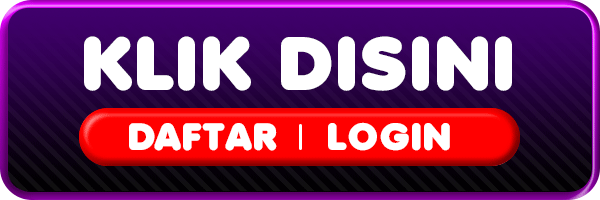MERANTI88 merupakan platform resmi situs slot online terbaru yang menjadi pilihan paling diminati para slotter di Asia. memberikan pengalaman bermain terbaik melalui sistem modern, dan akses cepat bebas hambatan serta bonus spesial untuk member setia.
Sebagai bandar game slot online, Meranti88 Link menyadiakan akses khusus untuk para pemain bisa dengan gampang mengakses situs. Maka dari itu, pemain bisa bergabung lewat link alternatif Meranti88 yang sudah kami sediakan.
121.354 Merasa Puas Bermain Di MERANTI88
Price:Rp 99,000
MERANTI88 Platform Resmi Link Bandar Terbaru Situs Slot Online Gacor 2026
FAQs
Loading...



